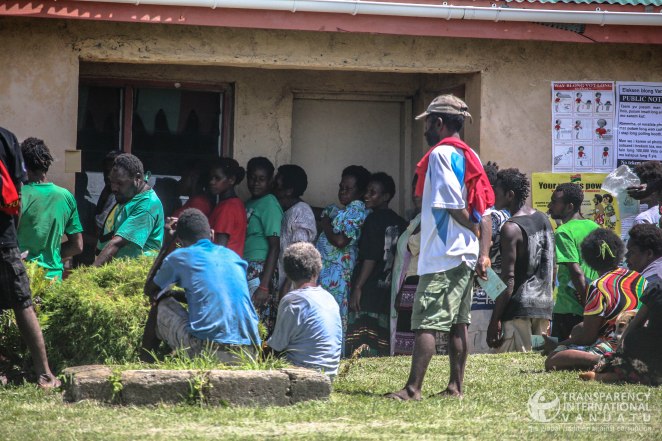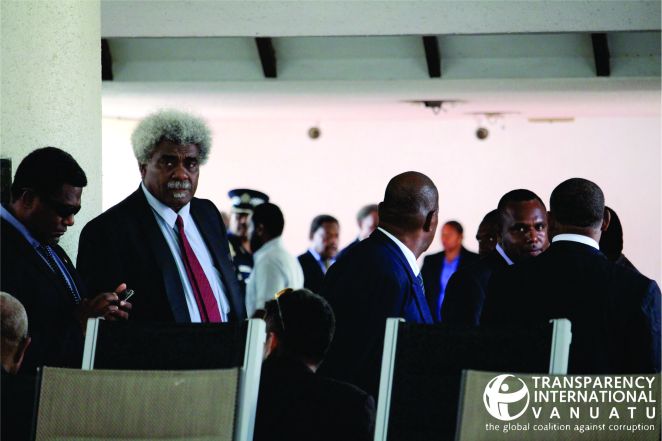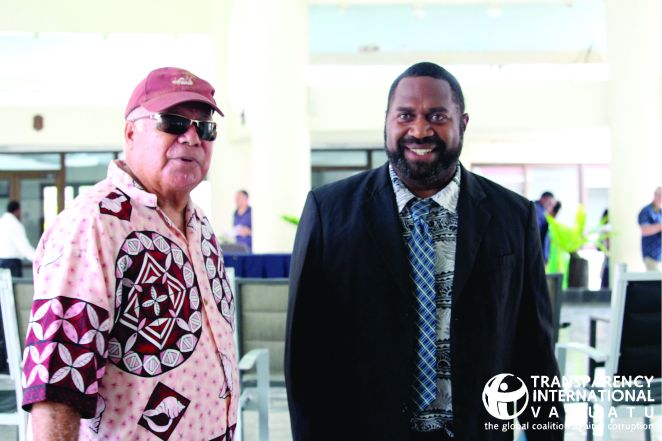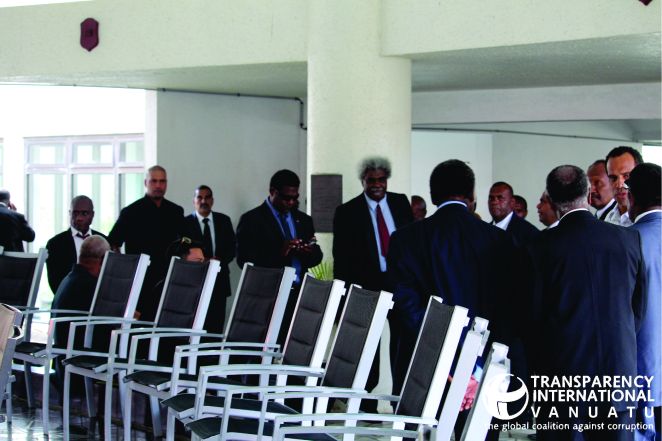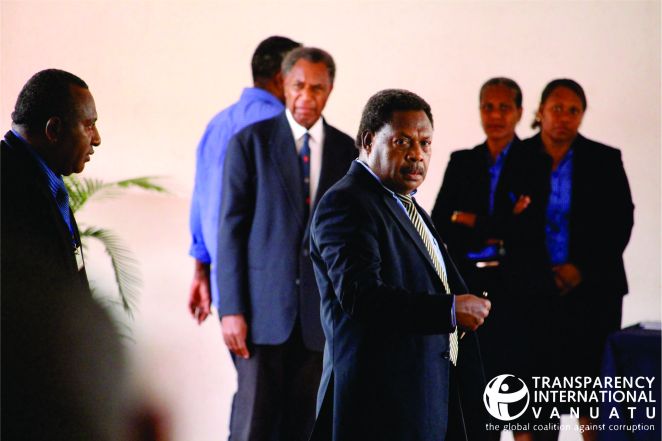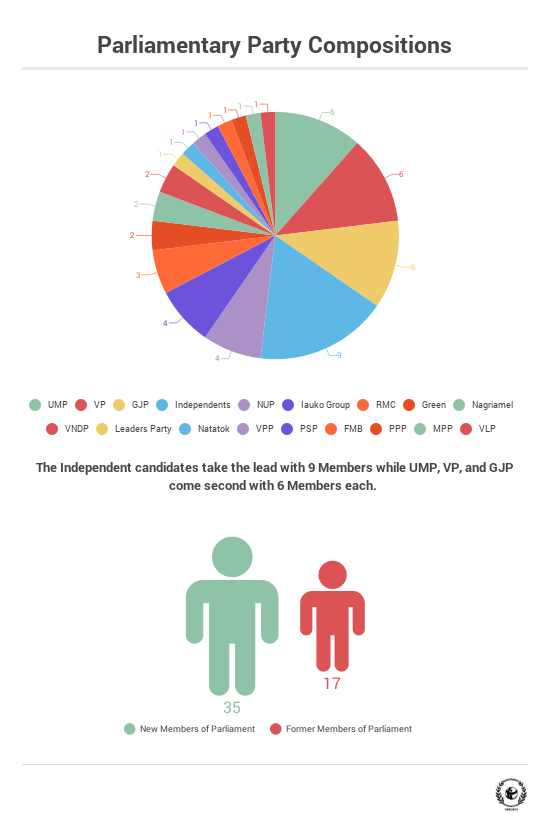THE DEMAND FOR CHANGE has always been on the voters list, and just by looking at the unofficial results from the snap election major changes have already happened for party compositions with some parties losing numbers while others gain more. The assurance of changes by the successful candidates have yet to be seen, but the atmosphere seems to have changed and the political spectrum for the next four years will be an interesting one to monitor.
The Snap Election of 22 January 2016 was expected to be a showdown between the political power-houses in Vanuatu while general light expectations was felt for the independent candidates. However, the independent candidates proved this conception wrong and were warmly embraced by the voters for their caliber and vision.
The major hurdles of the previous year had pushed for more emphasis on integrity and corruption as a political platform, with this same sentiment voters at large rallied for changes within the system.
From an observation point of view, voter participation looks to have improved. However, without an accurate electoral roll it would be unwise to claim that there has been a factual increase, thereby denying us the prompt opportunity to declare that a change has occurred. A calculative change at present is found in the numerical difference when the number of winning voters of 2012 is compared with the number of winning voters (unofficial counts) of 2016.
Unofficial results show that voters that have successfully elected representatives for the new legislature has increased by 4,305 voters, thus totaling 47,609 voters.
Coincidentally, it may be evident that the decrease in the number of candidates that contested the Snap Election may be the cause of this slight increase in the number of winning votes. Candidate numbers decreased by 24 percent from the 345 candidates that contested the 2012 General Election.
Thoughts provided by random individuals say that change is finally here, however to think that way may still be premature because the successful candidates have yet to fulfil their parliamentary obligations with impact. Most of the Members of Parliament have three roles to perform while in office; that of a parliamentarian, constituency representative, and party member.
The leading candidates from the snap election, especially the newcomers, are expected to be a thriving force. The experience, the wealth of knowledge, and the passion that will enter the 11th legislature looks fruitful.
Over the last couple of years a lot of opinion has been raised regarding candidate criteria, specifically on individual academic qualifications and personal achievements. Clearly, according to unofficial results, it looks like the voters have become more practical in expressing their leadership choices.
According to unofficial results, the 11th legislature of parliament will include at least three lawyers, a medical doctor, a trade unionist, Masters and Degree certificate holders, former senior public servants, businessmen, and including very vibrant community leaders.
The people of Vanuatu deserve good and honest development, this was the message that was delivered by candidates during their campaigns when they preached for change. Anti-corruption was a particular prime topic for several of the campaign teams. Will they fulfill their campaign assurances? Only time will tell. But whatever happens we must continue to fight the good fight, and we must continue to provide the necessary support for our Members of Parliament.
This few post-election changes happened because the voters said so, and more is yet to come in the next four years. And if things do not turn out the way you expected you always have that right to demand from your elected representative a valid explanation.
If you are interested to know more about the role of Members of Parliament please visit the Transparency International Vanuatu office or call us at 25715. Email: transparency@vanuatu.com.vu


